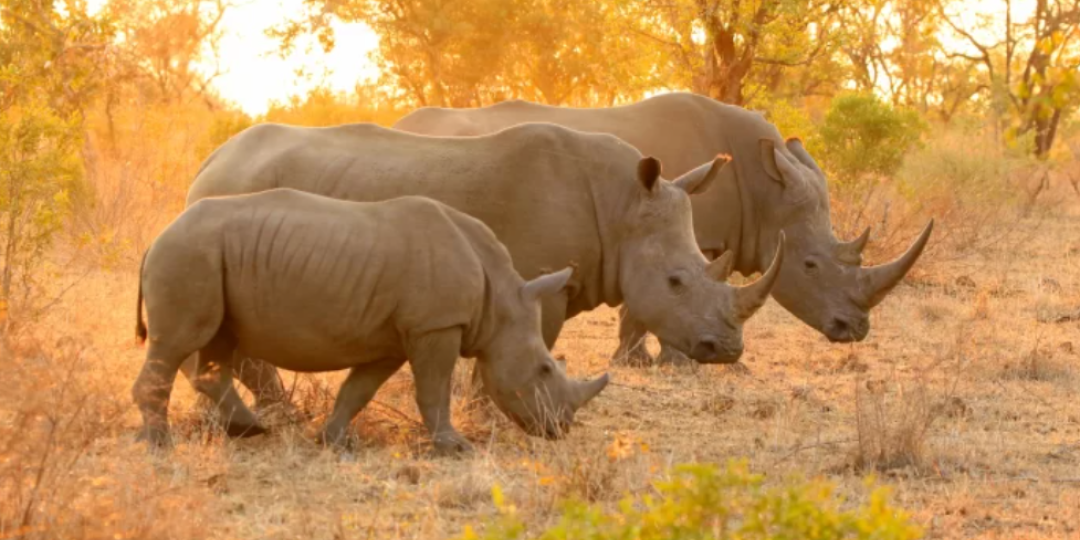African Parks, a conservation NGO that manages 22 protected areas in partnership with 12 governments across Africa, is to rewild over 2 000 Southern White rhinos over the next 10 years.
African Parks has stepped in as the new owner of the world’s largest private captive rhino breeding operation, ‘Platinum Rhino’, a 7 800ha property in the North West province, which currently holds 2 000 Southern White rhinos, representing up to 15% of the world’s remaining wild population.
As a result of financial stress, Platinum Rhino was put up for auction on April 26, but did not receive any bids, putting these rhinos at serious risk of poaching and fragmentation.
After conducting thorough due diligence and with the support of the South African Government, as well as having secured emergency funding to make the transaction possible, African Parks agreed to purchase the farm and all 2 000 rhinos.
African Parks has one clear objective: to rewild these rhinos over the next 10 years to well-managed and secure areas, establishing or supplementing strategic populations, thereby de-risking the species' future.
The breeding programme will be phased out and the project will end once all the rhino are released into the wild. This is one of the largest continent-wide rewilding endeavours for any species.
“The scale of this undertaking is simply enormous, and therefore daunting. However, it is equally among the most exciting and globally strategic conservation opportunities. We will be working with multiple governments, funding partners and conservation organisations, who are committed to making this rewilding vision a reality,” said Peter Fearnhead, CEO of African Parks.
“Our Government is guided in our approach to conservation by the UN Convention on Biodiversity and our own white paper. In this regard we are ready to support African Parks and other partners with technical and scientific advice in developing a conservation solution that includes translocating the animals over a period of time to suitable parks and community conservancies in South Africa and on the African continent,” said Barbara Creecy, South African Minister of Forestry, Fisheries and Environment.














